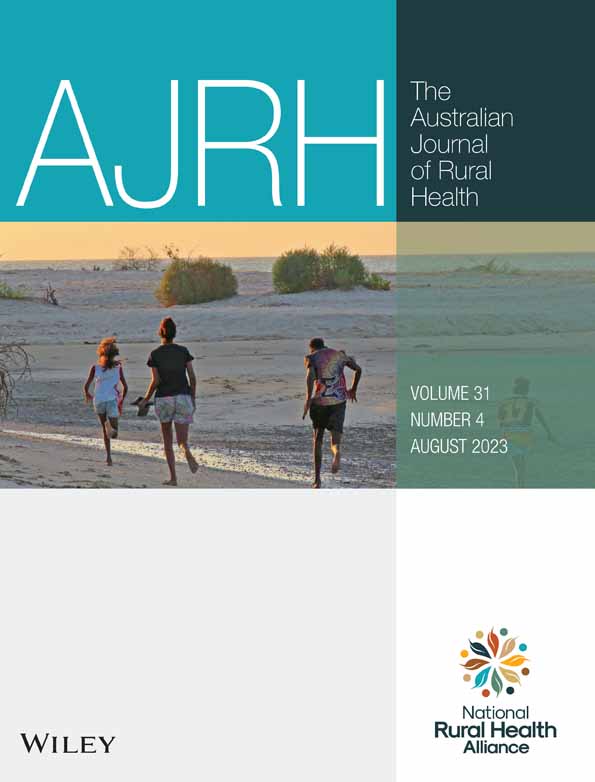Barriers to obesity health care in general practice from rural Waikato GP perspectives: A qualitative study
Abstract
Objective
Over 34% of New Zealand (NZ) adults are classed as obese, which reduces quality of life for many individuals. Those living in rural areas, high-deprivation communities, and indigenous Māori populations are more likely to experience obesity and related co-morbidities than other cohorts. General practice is positioned as most suitable to deliver effective weight management health care; however, little is understood about the rural general practitioner (GP) experience in NZ, despite having the majority of patients at high risk of developing obesity. The aim of this study was to investigate rural GP perspectives on barriers to delivering weight management.
Design
Qualitative descriptive design guided by Braun and Clarke (2006) using semi-structured interviews and analysed using deductive reflexive thematic approach.
Setting
Rural Waikato general practice which has significant rural, Māori and high-deprivation communities.
Participants
Six rural Waikato GPs.
Results
Three significant themes were identified: communication barriers, rural health care barriers, and social and cultural barriers. GPs reported not wanting to jeopardise the doctor-patient relationship by discussing weight. GPs felt unsupported by the health system through lack of rurally appropriate obesity intervention options, funding and resources. The unique rural lifestyle and health needs were reportedly not understood at the wider health system level, making the role of a rural GP working in high-deprivation communities more difficult. Additional barriers to delivering effective weight management included factors outside the clinical practice such as obesity stigma, an obesogenic environment and sociocultural factors shaping rural patients' lives.
Conclusion
Rural GPs have a lack of weight management referral options that are considered effective for their patients, as the options available reportedly do not cater for their patients' unique rural health needs. GPs position addressing the individualised and complex weight management health issue as challenging. Navigating stigma, wider sociocultural issues, and limited intervention options were difficult and found to be questionable to achieve in a short 15-min consult. There is a need for rural health support in the form of funding, staff (indigenous and non-indigenous), and rurally feasible resources to improve health outcomes and reduce inequity. Effective primary care weight management strategies need to be appropriate for high-deprivation rural communities, including tailored, affordable and reliable interventions that GPs can offer patients if future weight management efforts are to be successful in this space.
CONFLICT OF INTEREST STATEMENT
No conflicts of interests.
Open Research
DATA AVAILABILITY STATEMENT
The datasets generated and analysed during the current study are not publicly available due to the small rural geographical location where data was collected and the potential for identifying participants. The datasets are available from the corresponding author upon reasonable request.




